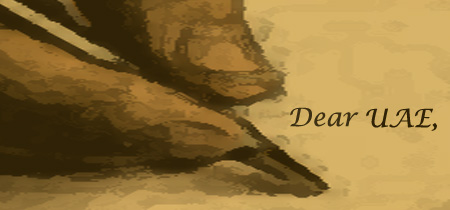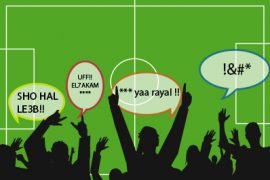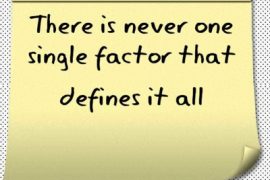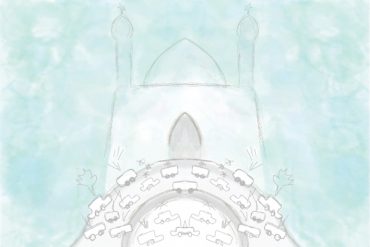The alignment of the Founding Father’s vision with a global sustainability initiative presents a great opportunity for the progress of sustainable development.
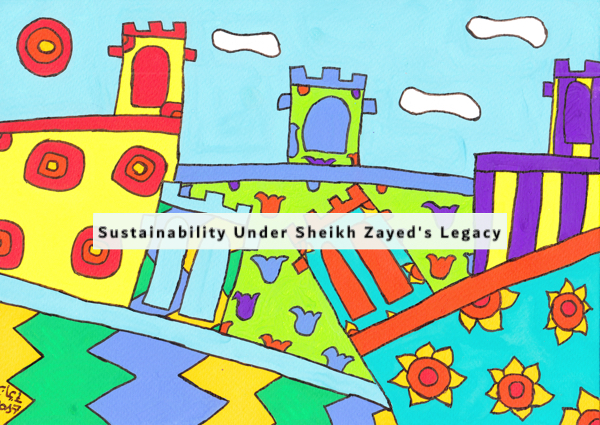
The year 2018 has recently been declared in the UAE as “The Year of Zayed” in celebration of the 100th anniversary of the UAE’s Founding Father’s birth. As an environmentalist, this decision not only redirected my thinking to the common values of this society like progress and charity, but also to the underlying concern of this world: sustainability.
We are currently in the final quarter of the Year of Giving. Prospering on a national scale in promoting its pillars, corporate social responsibility, the culture of volunteering, and serving the nation. The accomplishments of the year are growing. It is expected to follow in the success of the years before it. The Year of Reading, for example, had a tangible impact on the Emirati society and the region, with over 150 million books read as one result of its initiatives (Moukhallati, 2017).
The projections are hence promising. The progress of leadership, humanitarianism, citizenship, security, heritage, education, health, and the environment, is to be initiated, according to the Dubai Media Office (2017), to pave the way into a society of security and stability for all.
An essential common factor that brings these themes together is sustainable development, which by definition means meeting the current economic needs without compromising the ability of future generations to meet their needs. Social, economic, and environmental pillars support sustainable development, and they clearly integrate the issues that the Year of Zayed will resolve through innovation. This puts forth a massive opportunity to embed plans that provide guidance on incorporating sustainable strategies on a national scale.
There is no better time to further involve the steps towards sustainable development in the UAE than the coming year. The 17 Sustainable Development Goals (SDGs) that constitute the agenda of progress set by the United Nations all correspond to Sheikh Zayed’s vision. An example can be given by the first six goals, which are humanitarian and health-related, aiming to eradicate poverty and hunger, promote health, well-being, and gender equality, and provide accessible clean water to all. Other goals urge leaders to work towards securing a planet for future generations through innovation, justice, and partnership. SDGs have been adopted by 44 nations in 2015 to be achieved by 2030.
The UAE Cabinet established a National SDG Committee in early 2017. It strives to develop a national implementation plan that aligns SDGs with the UAE’s Vision 2021 through the engagement of entities and stakeholders across the country, according to Reem Al Hashimy, Minister of State for International Cooperation and Chairwoman of the UAE National Committee on SDGs. The efforts and initiatives taken by the country to fulfill SDGs are measured and reported by the committee. To name a few of the current and ongoing projects that contribute to the SDGs, Dubai Cares aims to fulfill SDG #6, clean water for all, through its water sanitation and hygiene initiative. MASDAR City’s Green Initiatives, also, play a role in the country’s sustainable development by ensuring the progress of sustainable cities and the affordability of clean energy. As for the eradication of poverty and the Zero Hunger SDGs, they have been made attainable through the Mohammed bin Rashid Al Maktoum Global Initiatives and the UAE Food Bank, respectively (UAESDG, 2017). The National SDG Committee has also released the first SDG publication to guarantee that awareness is spread amongst the society and stakeholders alike (UAESDG, 2017).
However, United Nations Secretary-General Antonio Guterres, in the SDG Report that was released in July 2017, stated that progress must be intensified for the 2030 agenda to be met. Globally, advances in the eradication of poverty, peacemaking, and sustainability, all require additional efforts. Guterres emphasized that bringing these agendas to reality by governments and stakeholders is essential, and so is the main challenge currently. The UAE, according to the SDG Index & Dashboards Report of 2016, ranks at # 55 out of 149 in terms of SDG fulfilling progress.
The dedication of a pillar with the theme of sustainability in the Year of Zayed will provide substantial impact, not only to the awareness of the public, but also to the degree of sustainability involvement in the country. The UAE will continue its success in achieving world-leading policy reforms under Sheikh Zayed’s name, to provide security and stability for all.
References:
Dubai Media Office. (2017, August 07). PCFC launches “Year of Zayed” lab with participation of 4,000 employees and 200,000 clients. Dubai Media Office. Retrieved August 08, 2017, from http://mediaoffice.ae/en/media-center/news/7/8/2017/dubai-customs.aspx
Guterres, A. (2017, July). The Sustainable Development Goals Report 2017 Foreword. UNSTATS. Retrieved August 10, 2017, from https://unstats.un.org/sdgs/report/2017/
Moukhallati, D. (2017, April 10). Reading prize puts young winner on the write track. The National. Retrieved August 10, 2017, from https://www.thenational.ae/uae/education/reading-prize-put-young-winner-on-the-write-track-1.88878
UAESDG. (2017, April). From Goals to Reality, UAE and the 2030 Agenda for Sustainable Development. United Arab Emirates Committee for Sustainable Development Goals. Retrieved August 10, 2017, from http://uaesdgs.ae/UAESDGs/report1/en/files/assets/basic-html/page-1.html
